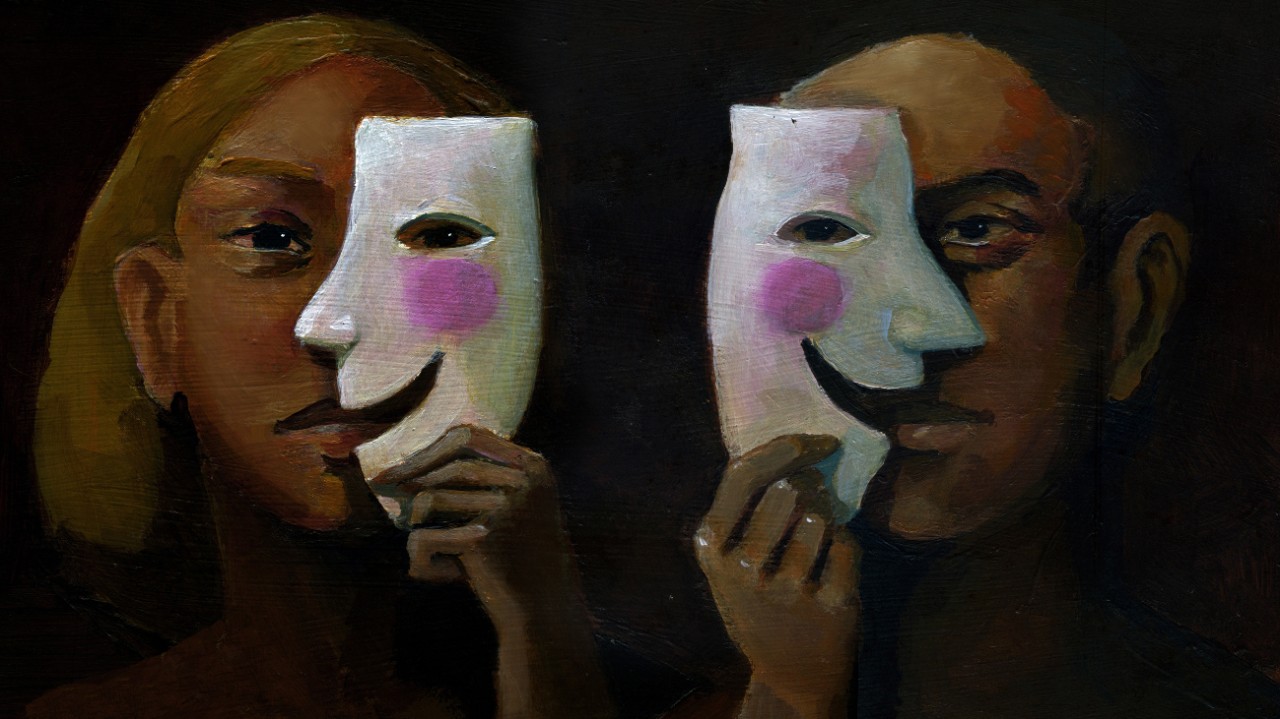
If my experience of middle school was made into a movie, I think it would be called “The Good, the Bad, and the Ugly.”
The good part was getting braces, which helped straighten out my teeth.
The bad was needing to get glasses because I couldn’t see the chalkboard.
And the ugly part was an encounter with a bully in the sixth grade.
I’ve been sharing the bullying incident as part of my changed-life story for years. But recently, in the middle of telling that story in front of a group of people, I broke down. Overwhelmed with emotion, I had to pause to regain my composure.
I didn’t see that coming.
For the first time, instead of just saying I was bullied, I chose to talk about the pain of that memory. Doing so transported me back in time to the raw emotions from that incident in middle school.
By recounting the details and sharing them with others, I was able to truly process the pain for the very first time.
The stories that describe our interaction with Jesus and how our lives have changed as a result are what I call “changed-life stories.”
Sometimes we treat those stories as if they’re episodes of “NCIS” or “MacGyver.” The storyline is wrapped up in an hour — 45 minutes if you don’t count the commercials — the crime is solved and the world is saved.
But our changed-life stories are just brief glimpses into our transformed lives.
We share our story with Christians to encourage them, and with those who don’t know Christ, hoping God will use our story to cause them to consider His good news.
Cardboard testimonies and three-minute testimonies are great starting points. But as you share the details of your story, make sure to do so in a way that shows authenticity.
Be careful not to portray the message that becoming a Christian made you the finished product — as if you had problems and now don’t. That would give people unrealistic expectations of what it means to be a follower of Christ.
Yes, our lives have been changed by Christ. We’ve been transferred from the kingdom of darkness to the kingdom of light. The Bible calls us saints, but we still sin. Some days, we want to crawl off the altar.
God is continually redeeming us, and the journey is filled with joyful ups and painful downs. It’s important to be honest about this reality.
Since everyone experiences pain, people will identify with your story. Then, when your pain is coupled with the gospel, they will hear how Christ is the one who can truly help.
Only Jesus can help others live through and overcome the past, present and future pain in their lives.
Romans 12 explains how we are to live out our new lives in Christ. Verse nine says to love “without hypocrisy” (NASB). Hypocrisy literally means to play a part, referring to the masks that actors wore in ancient Greek theater.
That means, as followers of Jesus, we are to live lives of both love and truth. Authentic and accepting.
While it is important to share about our pain in authentic ways and not hold back the truth, know that not every context will be as loving in return.
And that’s okay. When we share authentically about our lives with those who don’t yet know Christ, we’re not looking for them to accept us. We’re hoping they accept the one who loves them and died for them.
Yet in a community of love and truth, like a healthy church, you will often find life-giving acceptance when you share your pain.
When I shared my bullying story with a group of Christians, there was a moment when I paused to regain my composure. Two or three people spoke up and prayed for me during that pause. I was then able to continue with the rest of my story.
Afterward, people came up to me and thanked me for being real. Though emotionally drained, I rejoiced in a deeper sense of community with the people I shared with that day.
Two things happened when I shared my pain. Healing took take place because I was loved and accepted when I shared the real me. And others were encouraged to walk closely with Christ.
Aren’t those two things what we’re all looking for?

began his journalism career as a newspaper correspondent for his local paper in Ohio. He covered city council meetings, wrote features and took photos. Rich served with Worldwide Challenge magazine from 2008-2016. Now, he writes field reports for another Cru ministry. Contact Rich at Rich.Atkinson@isponline.org.
©1994-2020 Cru. All Rights Reserved.